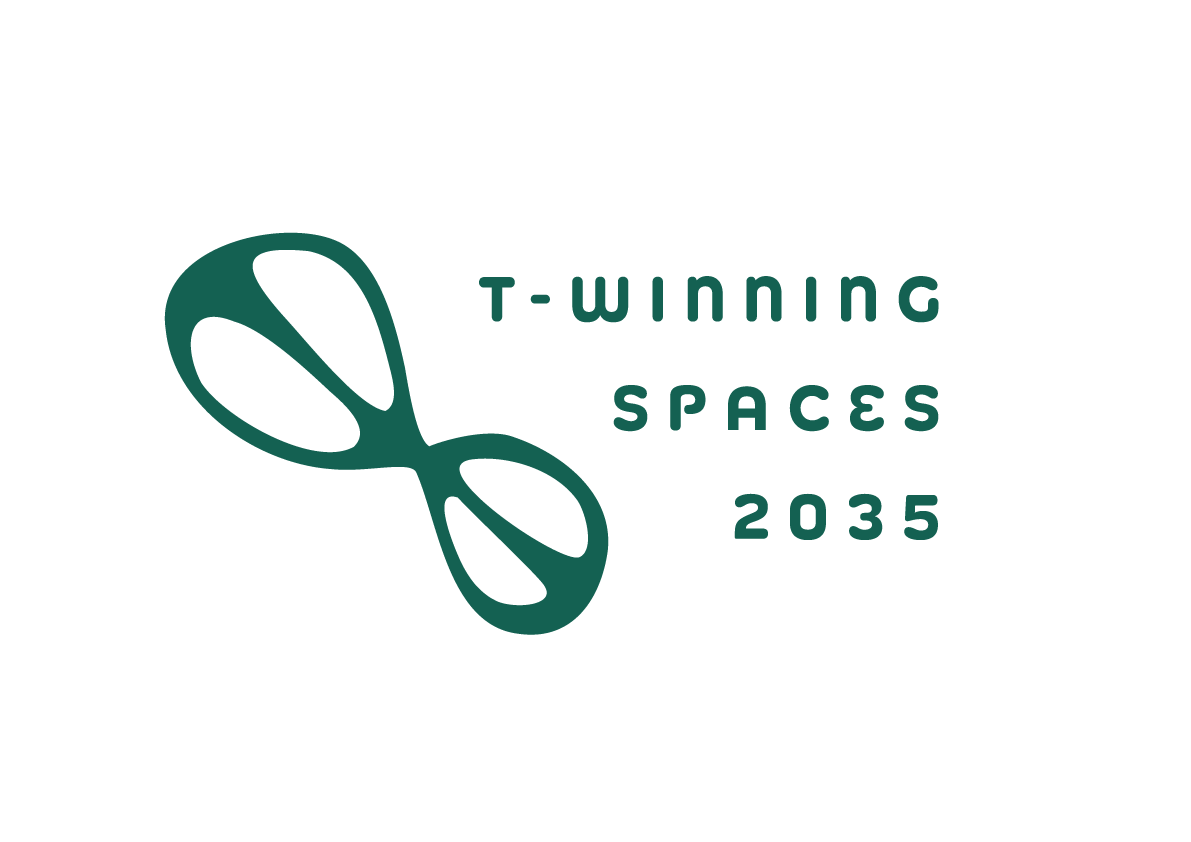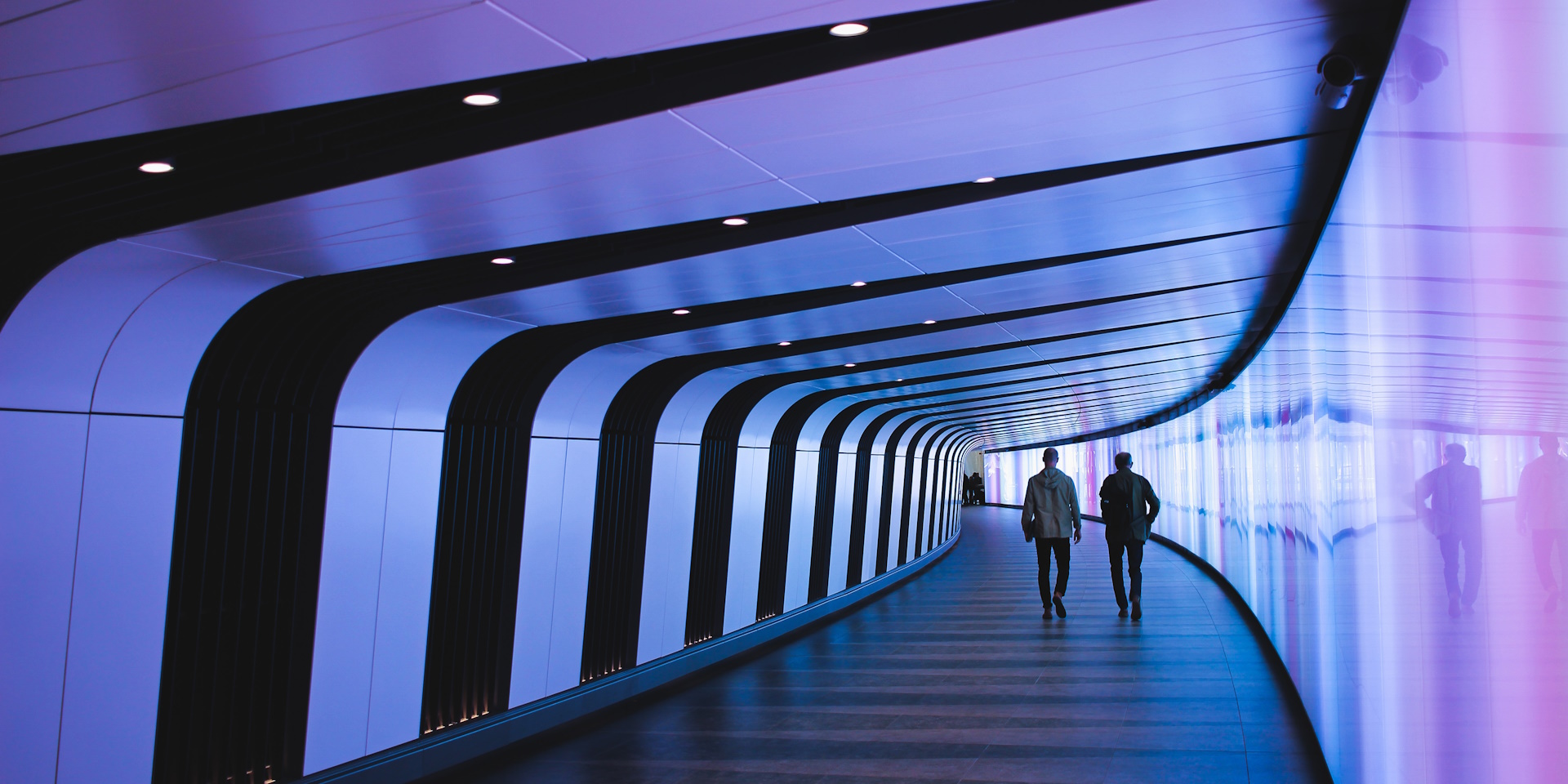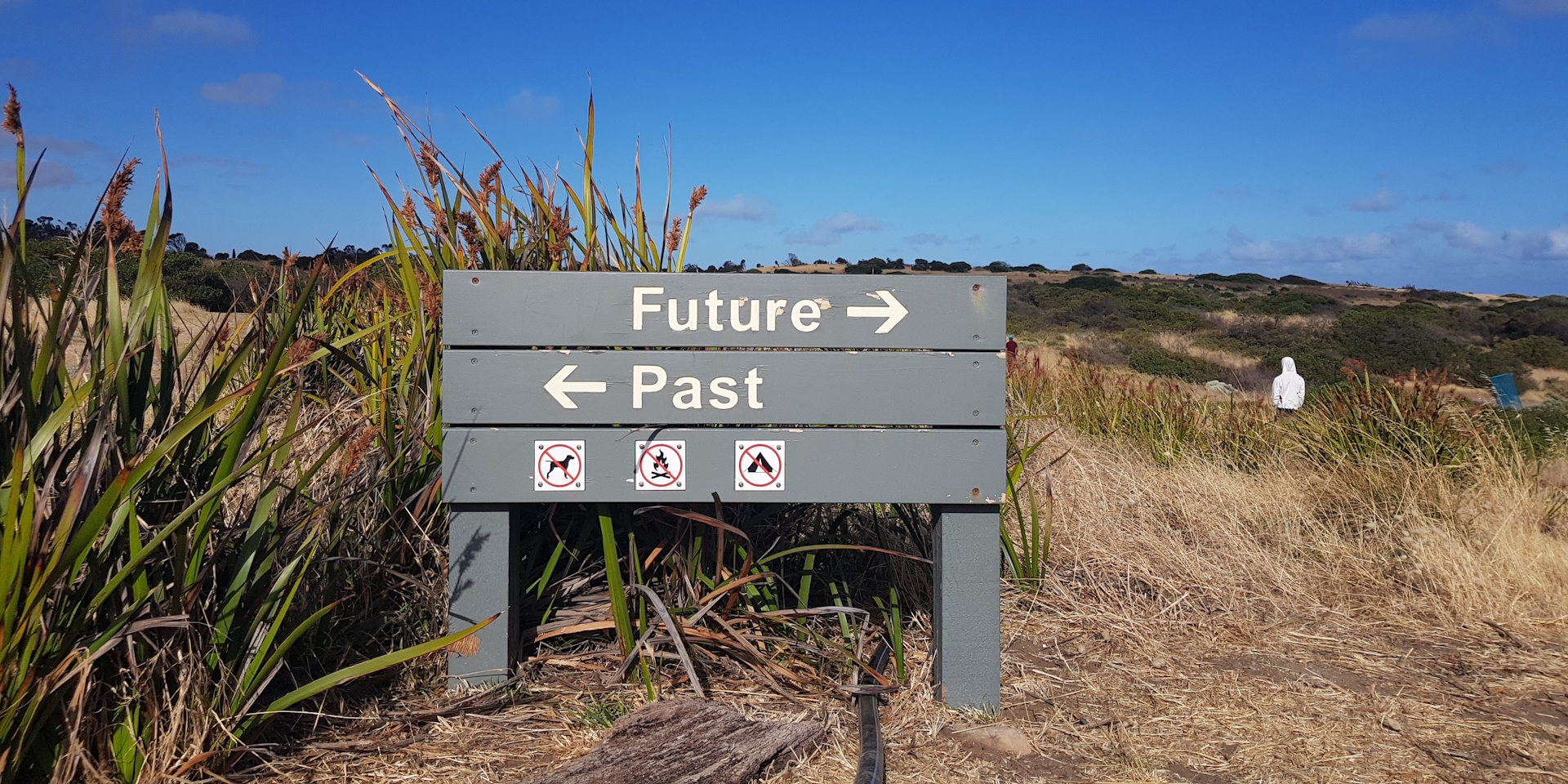The spatial solutions will impact the performance and wellbeing of workers, but have also significant direct and indirect environmental impacts as it influences how we e.g. use spaces – live, work, commute, consume, and spend leisure time. WP1 aims to explore futures of work and to redefine the changing modes of work and its direct and indirect impacts by 2035 in the context of the whole of society transformation. Digital meanings society is perceived here as a conceptual framework. First, the possible prospects and shifts of future work are approached by viewing the digital and societal transformation simultaneously and understanding future work as part of it. Various paradoxes concerning the futures of work are addressed. Then, the primary, secondary and tertiary impacts of these possible prospects and shifts related to remote work settings are identified (including homes, workplaces and third places). Such impacts are analyzed based on their content (political, economic, social, technological, environmental and legal dimensions = PESTLE). These tasks draw on a literature review, several interviews, delphi study, workspace cases (especially co-working spaces), and futures cliniques. A stakeholder’s point of view (employee, employer, society, public sector) will be highlighted in different time spans until 2035.
Work Package Leader: Sirkka Heinonen/UTU.




